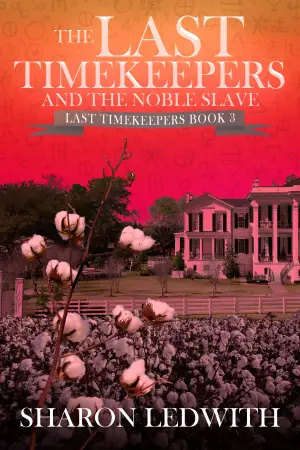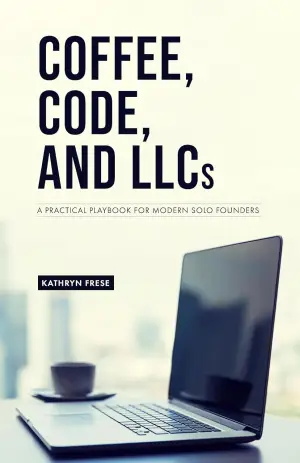Reflecting on Life Choices: A Journey Through The Midnight Library
When I first stumbled upon The Midnight Library by Matt Haig, I was drawn in by the intriguing premise of a library existing between life and death—a place where one’s regrets and could-have-beens come alive through the flip of a page. Who wouldn’t want to explore alternate lives, right? Little did I know that my exploration would lead me to a series of reflections both enlightening and frustrating.
The story centers around Nora Seed, a character we meet during a particularly despondent moment in her life. Nora is no stranger to regret; she is, in her own words, "wallowing in self-pity." It’s a phrase that feels painfully apt, capturing her pervasive negativity and the weight of her regrets. As she finds herself in the Midnight Library, she’s presented with the chance to try out the lives she might have led, based on different choices she could have made.
Nora’s journey is undeniably compelling, yet I found it difficult to connect with her as a character. Every time she enters a new book, attempting to embrace a different life, I couldn’t shake the feeling that there was a lack of depth to her personality. Her tendency to interpret situations with a glass-half-empty perspective left me yearning for a bit more complexity. She became what I would call a “wet blanket”—and as a reader, I craved a spark of joy or hope that felt missing.
Haig’s writing style is accessible and straightforward, which is a double-edged sword. While it makes the narrative flow smoothly, it often feels more like self-help dressed as fiction. The lessons Nora learns about life choices and positivity are so overt that they sometimes come off as repetitive, leaving me questioning if the author underestimated the intellect of his readers. The story repeatedly emphasizes the need for a positive mindset, striking me as an oversimplification of life’s complexities and, most importantly, mental health struggles.
One of the most jarring aspects for me was the implication that depression can be cured simply by changing one’s mindset. This message, while uplifting in theory, dangerously undermines the real challenges that many face with mental illness. It was frustrating at times to see such profound topics glossed over in favor of a feel-good narrative. A more nuanced exploration of these themes could have transformed Nora’s journey from mere wishful thinking to actual wisdom.
Despite my issues with Nora and the narrative, I can see why many readers have fallen in love with The Midnight Library. For those who appreciate uplifting tales about seizing opportunities and believing in personal transformation, this book might resonate deeply. It may spark conversations about life choices and regrets, and offer comfort in the thought that change is always possible.
Ultimately, The Midnight Library left me with mixed feelings. While I respect Haig’s intention to encourage a positive outlook, I found myself wishing for a more balanced representation of life’s complexities. If you’re someone who enjoys tales of redemption and second chances, this book just might be the hug you need. For me, however, it’s a gentle reminder that sometimes, our journeys through literature should invite a deeper reflection—beyond the surface of self-awareness and optimism.
Have you read The Midnight Library? What were your thoughts? Let’s chat about the lessons you took away and whether you felt the same disconnection I did!
Discover more about The Midnight Library on GoodReads >>







